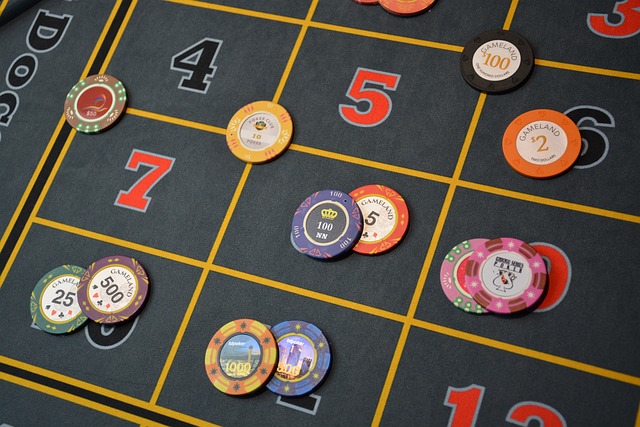The rise of the metaverse—a fully immersive, interconnected digital universe—has sparked conversation across industries, from gaming and entertainment to education and finance. Online gambling is poised to be one of the sectors most profoundly transformed by this evolution. By merging virtual reality, blockchain technology, digital economies, and social interaction, the metaverse offers a new frontier for casino experiences. No longer limited to flat screens or isolated gameplay, future gambling in the metaverse may blur the lines between virtual worlds and real-world stakes. As this digital landscape evolves, it presents both exciting opportunities and complex challenges for players, developers, and regulators.
Immersive Casino Environments and Real-Time Interaction
One of the most immediate changes the metaverse will bring to online gambling is a fully immersive, 3D environment that mirrors the energy of physical casinos. Players will be able to walk through virtual casino lobbies, sit at poker tables, interact with live dealers, and socialize with other users in real time. This enhanced realism offers a significant upgrade from current live casino interfaces, making gambling more engaging and experiential. The social component also becomes more dynamic, allowing for real-time voice chats, avatar gestures, and multiplayer interactions. These features combine the convenience of online gambling with the human connection and atmosphere of a brick-and-mortar casino—something traditional platforms often struggle to replicate.
Play-to-Earn and Digital Asset Integration

The metaverse supports blockchain technology and digital ownership, which opens the door to play-to-earn (P2E)gambling models. Players may earn crypto tokens, NFTs, or other digital assets by participating in games, tournaments, or community events within the virtual space. These assets can be used for in-game upgrades, exchanged for real money, or traded on external marketplaces. In this model, players aren’t just consumers—they’re stakeholders in a growing virtual economy. Some platforms may even introduce DAO (Decentralized Autonomous Organization) governance, giving players the ability to vote on new features, house rules, or reward structures. This shift empowers users, creates deeper engagement, and transforms gambling from a passive activity into an interactive, financially connected experience.
Personalized and Customizable Experiences
The metaverse allows for an unprecedented level of customization. Users will be able to design their own avatars, decorate private gambling rooms, or create themed spaces for poker nights with friends. Casinos in the metaverse may offer bespoke environments tailored to each player’s preferences—ranging from futuristic lounges to fantasy worlds. VIP players could enjoy exclusive suites, while tournament organizers might host events in branded virtual arenas. This level of personalization enhances loyalty and makes the experience feel more immersive and rewarding. Additionally, AI and machine learning may be used to adjust environments, suggest games, and tailor bonuses based on user behavior, further deepening the level of engagement.
Global Accessibility with Fewer Borders

Online gambling in the metaverse will be more globally accessible, allowing players from different countries to connect and compete seamlessly. Using crypto wallets and decentralized platforms, users can bypass traditional banking systems, reducing friction related to currency conversion, local payment methods, or banking restrictions. This has the potential to include previously underserved or excluded regions in the global gambling ecosystem. However, it also raises questions about regulatory oversight. Different countries have vastly different rules regarding online gambling, and the borderless nature of the metaverse could challenge traditional enforcement methods. As gambling moves into virtual worlds, international cooperation on compliance and player protection will become more important than ever.
Regulatory and Ethical Considerations
While the metaverse brings innovation, it also presents serious regulatory and ethical challenges. Questions around age verification, responsible gambling, anti-money laundering (AML), and consumer protection will become more complex in decentralized, immersive environments. Traditional regulatory frameworks may not apply or be difficult to enforce in a metaverse setting. Platforms will need to implement strong identity verification tools, promote transparency, and create tools for users to self-regulate time and spending. Governments and regulators may also need to explore new standards or create specific metaverse gambling licenses. Without careful oversight, these immersive platforms risk becoming havens for problem gambling, underage access, or fraud. Striking a balance between innovation and regulation will be essential for the long-term viability of metaverse-based gambling.
